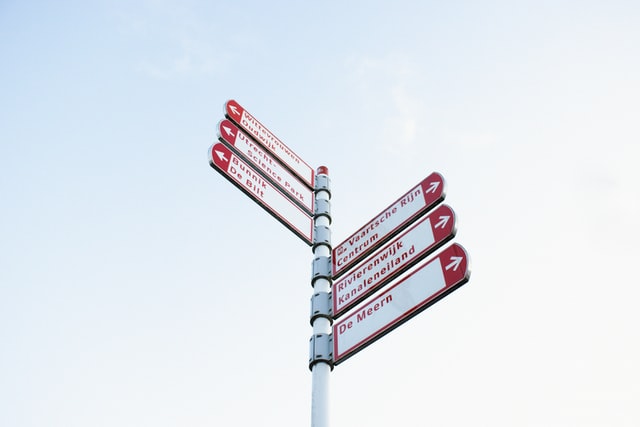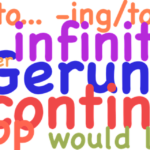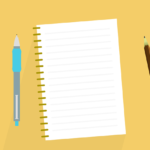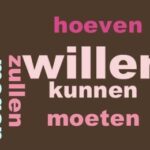Dutch future, Continuous, Present Participle and Infinitive. A worksheet on the future, the present tense, the verbs gaan and zullen, the continuous, the present participle and the infinitive.
Dutch future, Continuous, Present Participle and Infinitive
Although Dutch children are taught that zullen + infinitive constitutes the future tense, it really is quite a formal way to talk about a future event.  the use of zullen.
the use of zullen.
| ik | zal + infinitive | we | zullen + infinitive |
| je | zult + infinitive | jullie | zullen + infinitive |
| hij | zal + infinitive | ze | zullen + infinitive |
Zullen + infinitive is more similar to ‘shall’ than to ‘will’. It is used to:
- express a promise or a proposal
- stress that something will most certainly happen (it is bound to happen)
- express that an event is likely going to take place (by explicitly mentioning the probability)
It is not used when the event must take place and in conditional (if-then) sentences.
- Expressing a promise, a proposal, or a solemn plan:
| Ik zal het nooit meer doen! | I shall not do it again (I promise!) |
| Zal ik de afwas doen? | Shall I do the dishes? |
| Ik zal daar geen genoegen mee nemen! | I will not settle for that! |
- Stressing that something is bound to happen:
| Je zult dat nog nodig hebben. | You are going to need it. |
| Het zal niet makkelijk zijn. | It will not be easy. |
| Daar zal niet veel van overblijven. | There will not be much left of it. |
- Expressing that an event is likely going to take place by explicitly mentioning the probability.
| Hij zal het waarschijnlijk morgen bekendmaken. | He will probably announce it tomorrow. |
| Het zal morgen wel weer regenen. | It will probably rain again tomorrow. |
| Je zult haar wel herkennen. | You will probably recognize her. |
The modal particle ‘wel’ is used for a variety of purposes. When ‘wel’ is combined with ‘zullen’, it means ‘waarschijnlijk’ (probably).
How do the Dutch usually refer to the future?
The Dutch often use the verb gaan instead of zullen. We could compare this with English going to . It is used:
- to express an intended action (but no promise, proposal, or solemn plan);
- to say that an event is going to take place (without stressing the certainty or mentioning the probability).
| Ik ga vanavond pannenkoeken bakken. | I am going to bake pancakes tonight. |
| Dit jaar gaan we nog veel leuke dingen doen. | We are going to do many nice things this year. |
| Zij gaat morgen een liedje voor ons zingen. | Tomorrow, she is going to sing a song for us. |
| Het gaat morgen regenen. | It is going to rain tomorrow. |
If the point in time that the event is going to take place is explicitly mentioned, the simple present is often used.
| Ik bak vanavond pannenkoeken. | Tonight, I will bake pancakes. |
| Dit jaar doen we nog veel leuke dingen. | This year, we will do many nice things. |
| Ze zingt morgen een liedje voor ons. | Tomorrow, she will sing a song for us. |
| We doen het de volgende keer samen. | Next time, we will do it together. |
Level
This lesson can be used for adults from elementary to intermediate levels.
Aim
The aim of this lesson is to learn the future in Dutch
Preparation
First print out the worksheet, then copy a worksheet for each student in the class.
Procedure
Go through the grammar and exercises together.







